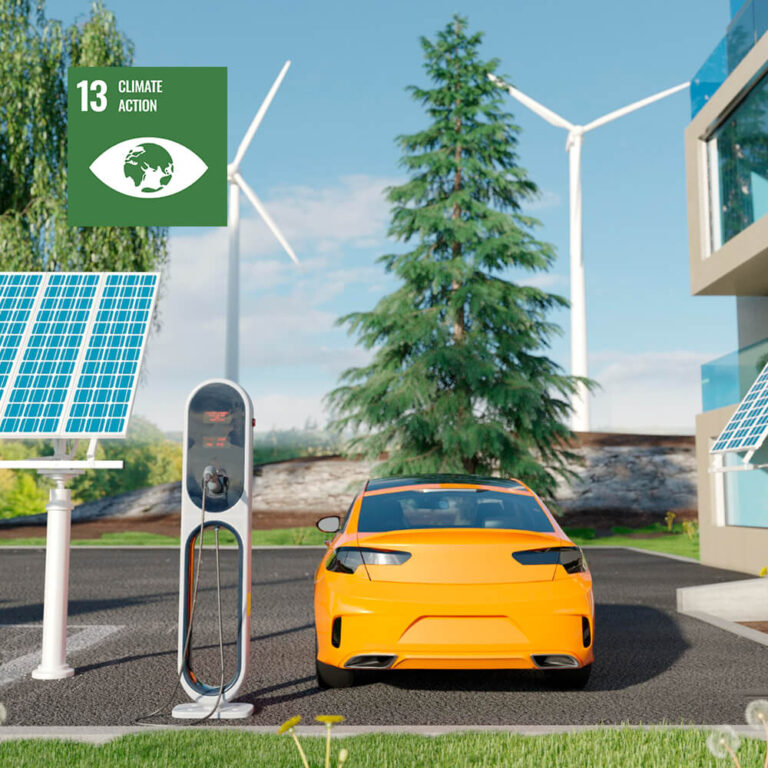Our society places great value on mobility. Well-developed infrastructure and flexible, reliable systems of transport are fundamental requirements for a functioning economy. About 95 percent of today’s transport are dependent on fossil fuels. The consequences, air pollution and climate change, lead to negative impacts on the environment, health and the quality of life.
The transport sector is the fastest-growing greenhouse gas (GHG) emitting sector, expected to reach a share of more than 30%of total GHG emissions in the future. It is also a leading emitter of short-lived climate pollutants and it contributes greatly to air pollution.
Electric-powered transport has become one of the main drivers worldwide to mitigate our impact on the environment and to mitigate the effects of climate change.
E-mobility plays a vital role in promoting sustainable development by addressing key environmental and social challenges. Firstly, it significantly reduces greenhouse gas emissions and air pollution, as electric vehicles (EVs) produce zero tailpipe emissions and can be powered by renewable energy sources. This helps combat climate change and improve air quality, leading to healthier and more livable cities.
